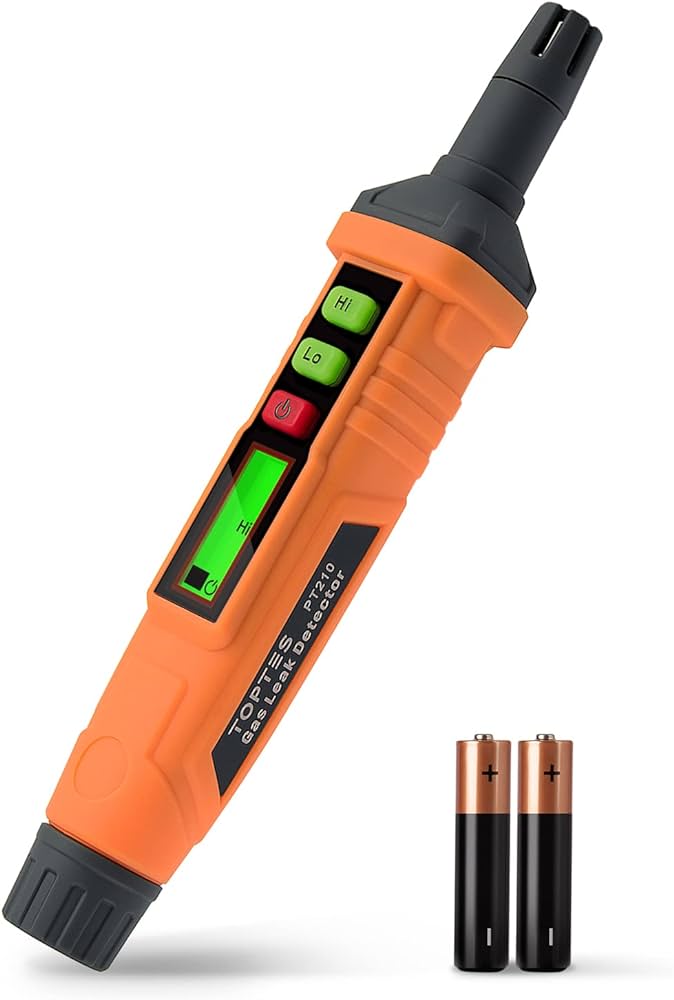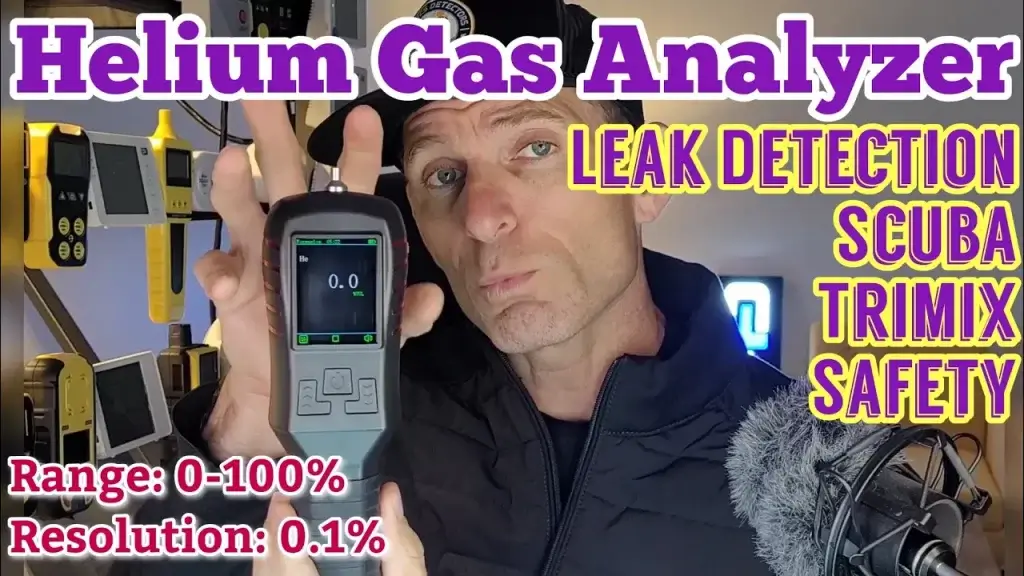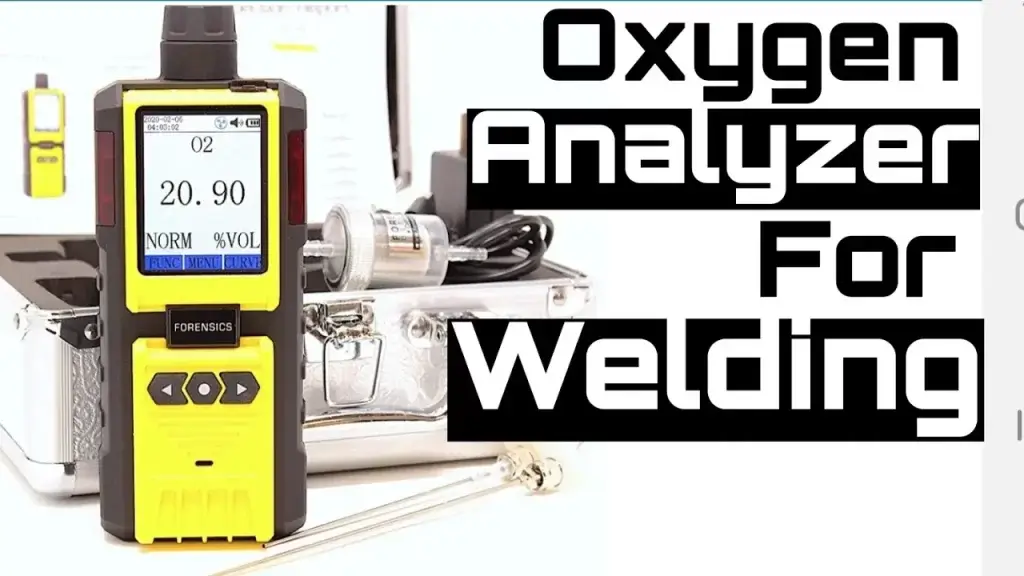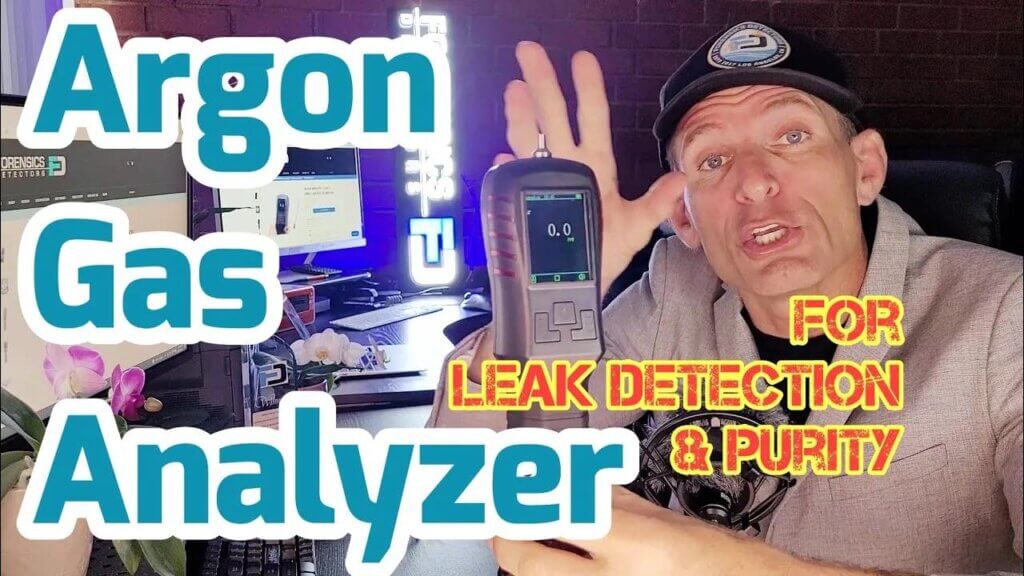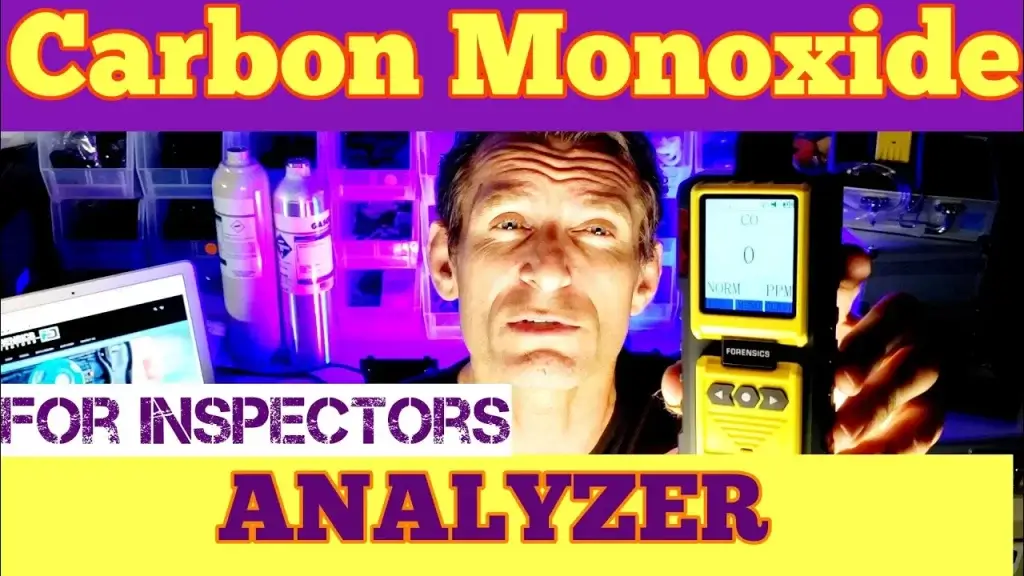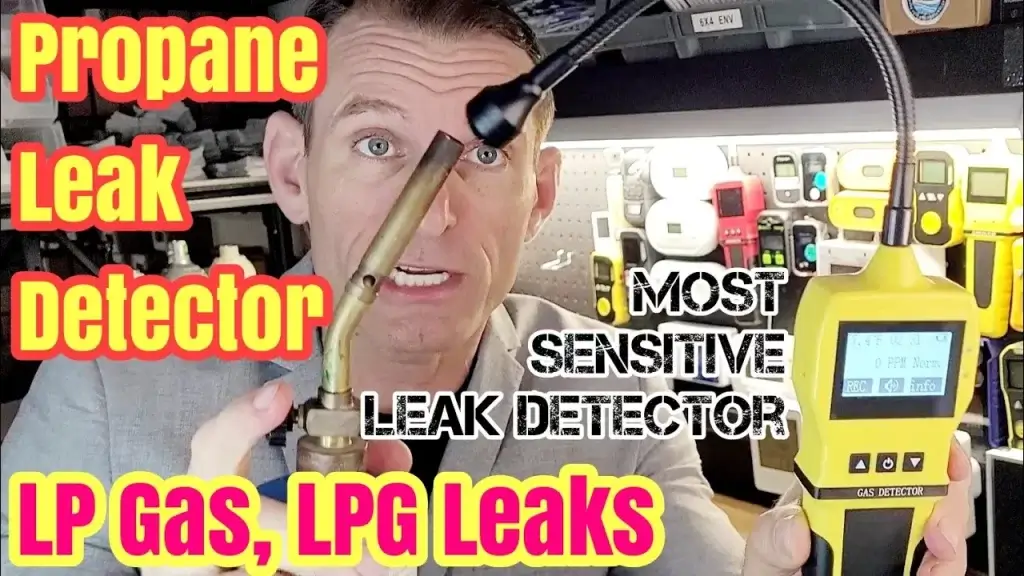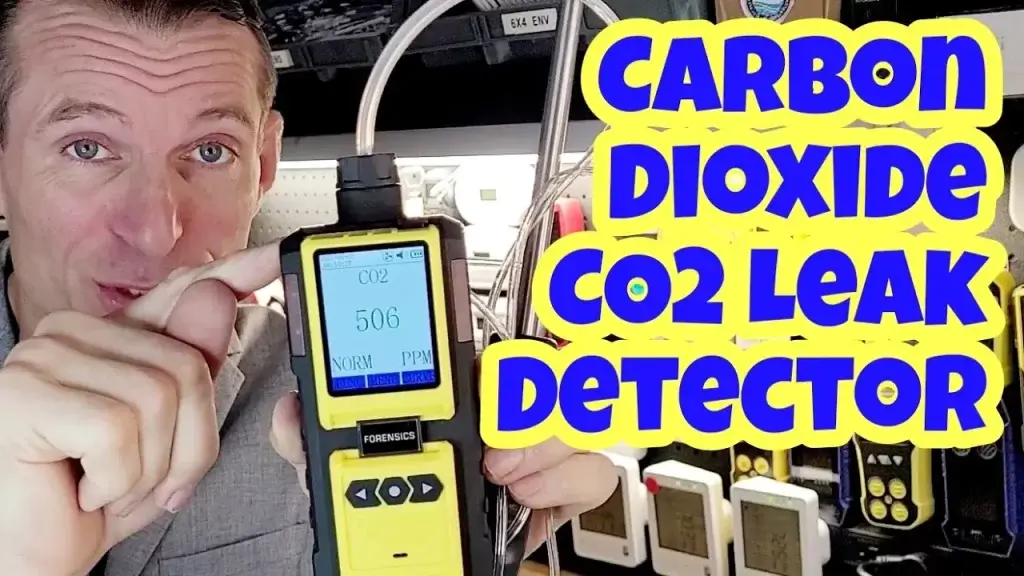Contents
- The Critical Role Of Propane Gas Leak Detectors
- Preventing Accidents And Ensuring Safety
- How Leak Detectors Contribute To Public Health
- Types Of Propane Gas Leak Detectors
- Portable Versus Stationary Models
- Electrochemical, Ultrasonic, And Infrared Sensors
- Installation And Maintenance Procedures
- Choosing Efficient Locations For Detectors
- Routine Inspections And Longevity Tips
- Technological Advancements In Leak Detection
- Smart Detectors And Iot Integration
- Breakthroughs In Sensitivity And Accuracy
- Applications Across Various Industries
- Residential Safety Measures
- Commercial And Industrial Usage Cases
- Navigating The Legal Landscape
- Understanding Regulations And Standards
- The Importance Of Certification And Compliance
- Frequently Asked Questions For Propane Gas Leak Detectors And Their Applications
- What Is A Propane Gas Leak Detector?
- How Do Propane Leak Detectors Work?
- Are Propane Gas Detectors Necessary?
- What Types Of Propane Detectors Are Available?
- Conclusion
Propane gas leak detectors are crucial for safety, signaling the presence of potentially hazardous leaks. They’re employed in homes, industries, and RVs to prevent accidents.
Propane gas leaks pose a significant risk, demanding reliable detection to ensure safety and prevent potential disasters. Equipping your home or business with a propane gas leak detector is a proactive step towards accident prevention.
These devices are designed to be sensitive to the specific chemical compound of propane, triggering an alarm when gas levels rise beyond a safe threshold.
They are a vital tool in any setting where propane is stored or used, ranging from residential kitchens to commercial manufacturing plants. Early detection not only safeguards health and property but also provides peace of mind.
Compact, easy to install, and increasingly smart-enabled, these detectors are essential components of a comprehensive safety plan. Their applications extend to recreational vehicles (RVs), ensuring a safe journey for travelers who rely on propane for heating and cooking.
These compact guardians of safety efficiently blend technology and practicality, making them indispensable in gas leak prevention.

Credit: www.ebay.com
The Critical Role Of Propane Gas Leak Detectors
The silent danger of propane gas leakages cannot be taken lightly. Propane gas leak detectors play a pivotal role in averting potential disasters. Their constant vigilance keeps homes, schools, and workplaces safe from the threats of undetected gas leaks.
Preventing Accidents And Ensuring Safety
The importance of propane gas leak detectors is paramount. Here are some ways these devices safeguard our surroundings:
- Immediate Detection: They identify gas leaks swiftly, allowing for fast response.
- Automatic Shut-Off Features: Some detectors are engineered to halt gas flow once a leak is confirmed.
- Alarms and Notifications: Audible and visual alerts ensure individuals are aware of the leak, regardless of their location.
Proper installation and regular maintenance of these detectors significantly reduce the risk of catastrophic incidents. The vigilant function of these devices ensures peace of mind for everyone within the vicinity. Educational institutions and workplaces emphasize this aspect of safety by incorporating top-notch detection systems.
How Leak Detectors Contribute To Public Health
Propane gas is not only flammable but can also be detrimental to human health. Leak detectors are crucial for the following reasons:
- Avoiding Toxic Exposure: Propane is a hazardous gas. Long-term exposure can lead to serious health issues. Leak detectors help prevent such dangers.
- Environmental Protection: Leaked propane contributes to air pollution. Detectors aid in preserving air quality.
- Risk Reduction: By detecting leaks early, detectors mitigate the risks of explosions. Such explosions could result in significant harm to populations.
Schools, hospitals, and businesses employ these detectors not just to comply with regulations, but to demonstrate a commitment to health and well-being. The role of propane gas leak detectors is irreplaceable in maintaining public health and environmental standards.
Types Of Propane Gas Leak Detectors
Keeping safety a top priority in homes and businesses, propane gas leak detectors are essential. They come in various types. Each type works in a unique way to sniff out dangerous leaks. Let’s explore the different kinds to keep your space safe.
Portable Versus Stationary Models
Portable propane detectors offer flexibility and convenience. You can carry them around. Check multiple areas quickly for peace of mind. These are great for technicians and home inspectors. Stationary models, on the other hand, stay in one place. They constantly monitor for leaks. This makes them perfect for homes and factories. They keep watch even when you can’t.
Electrochemical, Ultrasonic, And Infrared Sensors
- Electrochemical sensors are precise. They react with the gas to output a signal. This happens when they detect propane.
- Ultrasonic detectors hear the hiss of a leak. They are like a bat’s ears, picking up sounds we can’t hear.
- Infrared sensors see the gas. They use light to spot leaks which we could never see with our eyes.
Installation And Maintenance Procedures
The safety in our homes and workplaces hinges on the effective detection of potential dangers like propane gas leaks. Proper installation and regular maintenance of propane gas leak detectors are critical for ensuring they function correctly when you need them most. This guide breaks down the key steps to position, inspect, and care for these devices.
Choosing Efficient Locations For Detectors
Placing propane gas leak detectors in the right spots can mean the difference between early detection and a missed warning. Follow these tips for proper placement:
- Near propane-using appliances: Install detectors within five feet of your stove or heater.
- Low to the ground: Since propane is heavier than air, mount detectors closer to the floor.
- Away from ventilation: Avoid areas with drafts that might dilute propane concentration.
Routine Inspections And Longevity Tips
To keep your propane gas leak detectors in tip-top shape, regular checks are a must. Here’s a maintenance checklist:
| Inspection Activity | Frequency |
|---|---|
| Test units with a control button | Monthly |
| Check power sources (batteries or wiring) | Every six months |
| Replace outdated detectors | Every five to ten years |
Always refer to the manufacturer’s guide for specific advice tailored to your model.

Technological Advancements In Leak Detection
In the quest for safety and efficiency, propane gas leak detectors have evolved. No longer are they simple alarm systems. New detectors are smart and precise. They can talk to other devices. They protect homes and industries better than ever.
Smart Detectors And Iot Integration
Smart detectors have changed the game in propane gas leak detection. These devices use the Internet of Things (IoT) to connect to the web and other devices. This means they can send instant alerts to your phone or other smart devices.
- Receive notifications wherever you are
- Control the system remotely
- Maintenance alerts for timely checks
Breakthroughs In Sensitivity And Accuracy
New sensors can detect even the smallest leaks. Enhancements in technology mean that accuracy is at its peak. These systems reduce false alarms drastically.
| Old Sensors | New Sensors |
|---|---|
| Lower sensitivity | High sensitivity |
| More false positives | Less false positives |
Advanced calibration techniques ensure that detectors are always at peak performance. With the latest improvements, users can trust their leak detection systems.
Applications Across Various Industries
Propane gas leak detectors play a vital role in ensuring safety and efficiency. Their use spans multiple industries, making them indispensable in many safety protocols. Let’s explore how these detectors contribute to safer environments in residential settings and across commercial and industrial landscapes.
Residential Safety Measures
Keeping homes safe from potential gas leaks is a top priority. Propane gas detectors offer an extra layer of security for homeowners. Here are some key benefits they bring to residential settings:
- Early leak detection to prevent potential hazards.
- Automatic shut-off features that stop gas flow when a leak is detected.
- Peace of mind knowing that homes are monitored 24/7.
Ensuring the proper installation and maintenance of these detectors is essential for optimal protection.
Commercial And Industrial Usage Cases
| Industry | Application |
|---|---|
| Hospitality | Monitoring kitchens and heating systems to prevent fires and explosions. |
| Manufacturing | Securing work areas where propane-powered machinery operates. |
| Agriculture | Guarding against leaks in propane storage tanks used for crop drying. |
| Energy | Ensuring safe operation in propane refining and distribution networks. |
In commercial and industrial settings, propane gas detectors are critical for maintaining operational continuity and safeguarding both employees and assets.

Propane Gas Leak Detectors are critical for safety in homes and industries.
Navigating the Legal Landscape of these devices means understanding a complex network of regulations and ensuring compliance. This section helps demystify the legal aspects.
Understanding Regulations And Standards
It’s essential to know the rules that apply to Propane Gas Leak Detectors. Different countries and regions have specific regulations. These regulations aim to protect users and the environment from potential hazards associated with gas leaks. In the United States, occupational safety and health standards dictate requirements for leak detection equipment. These standards ensure that detectors are capable of performing effectively within the workspace.
- National Fire Protection Association (NFPA): Sets codes for the safe installation of gas detectors.
- Occupational Safety and Health Administration (OSHA): Issues guidelines for workplace safety, which include detectors.
- International Code Council (ICC): Develops International Fuel Gas Code for safe operation.
The Importance Of Certification And Compliance
Certification proves that a Propane Gas Leak Detector meets the necessary standards. Manufacturers undergo rigorous testing from recognized bodies to receive certification. Compliance with legal standards is not optional; it’s a critical requirement.
Ensuring your detector is certified and compliant safeguards against legal issues. It also ensures:
- Peace of Mind: The users know they are protected.
- Industry Approval: It meets industry-specific standards.
- Litigation Avoidance: Helps prevent liability claims.
Look for these certifications on your device:
| Certification Mark | Issuing Organization | Region |
|---|---|---|
| UL | Underwriters Laboratories | USA |
| CSA | Canadian Standards Association | Canada |
| CE | European Conformity | Europe |
Remember, installing a certified and compliant Propane Gas Leak Detector not only keeps you on the right side of the law but also ensures safety.
Frequently Asked Questions For Propane Gas Leak Detectors And Their Applications
What Is A Propane Gas Leak Detector?
A propane gas leak detector is a device designed to identify the presence of propane gas. It alerts users through visual or auditory signals, helping prevent potential hazards.
How Do Propane Leak Detectors Work?
Propane leak detectors sense propane’s distinct odors or chemical markers. They use sensors to detect changes in the air composition, signaling a possible leak.
Are Propane Gas Detectors Necessary?
Yes, propane gas detectors are crucial safety devices. They provide early warnings of leaks, thereby reducing the risk of fire, explosion, or poisoning from gas build-up.
What Types Of Propane Detectors Are Available?
There are various propane detectors including electronic, ultrasonic, and infrared models. Each has unique features tailored to different environments and detection needs.
Conclusion
Ensuring safety from propane leaks is non-negotiable. Propane gas leak detectors stand as critical safeguards in our homes and industries. These devices offer peace of mind and tangible protection. Remember, installing a reliable detector can be a lifesaving decision. Stay alert to the silent threats with the right technology by your side.

